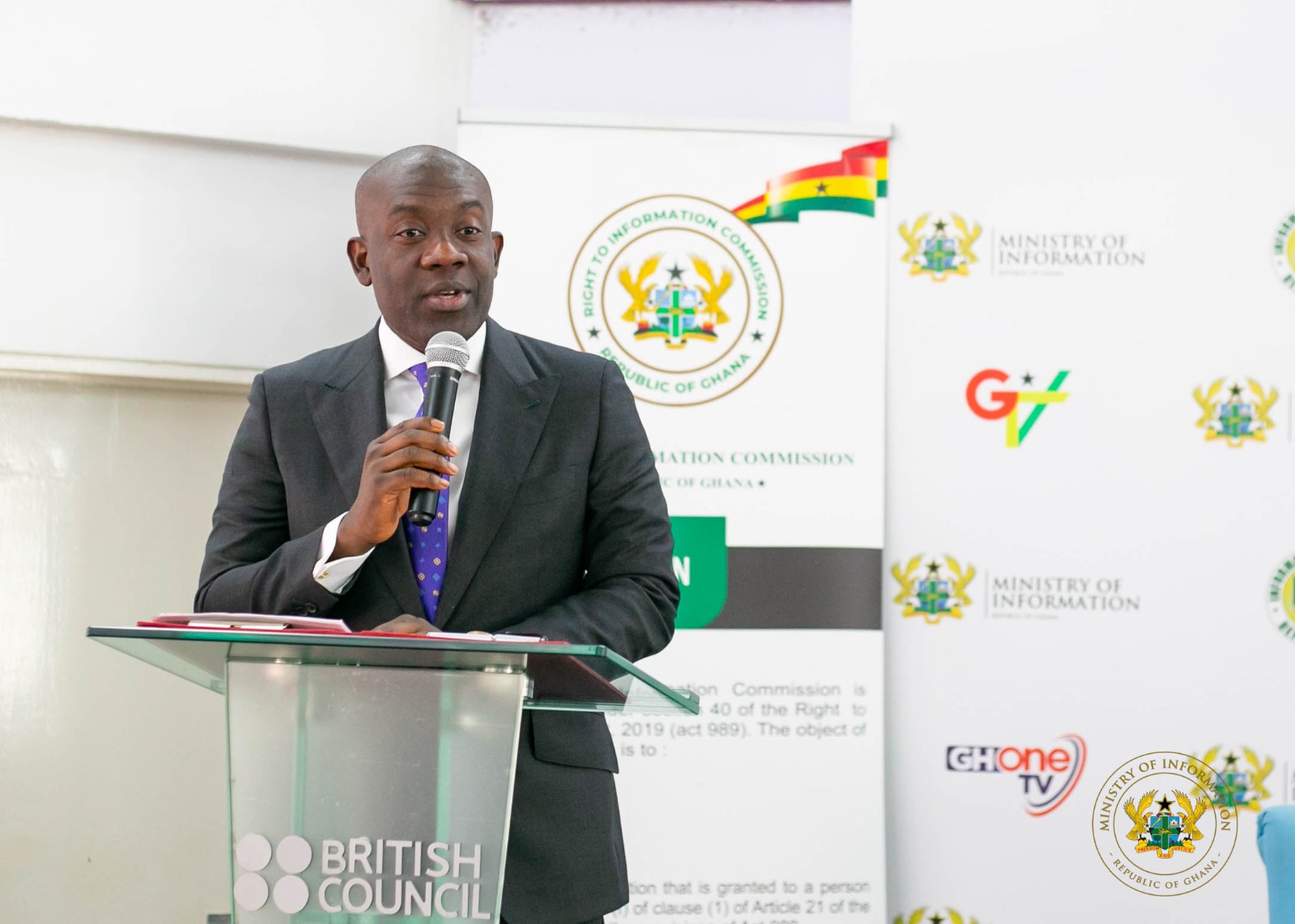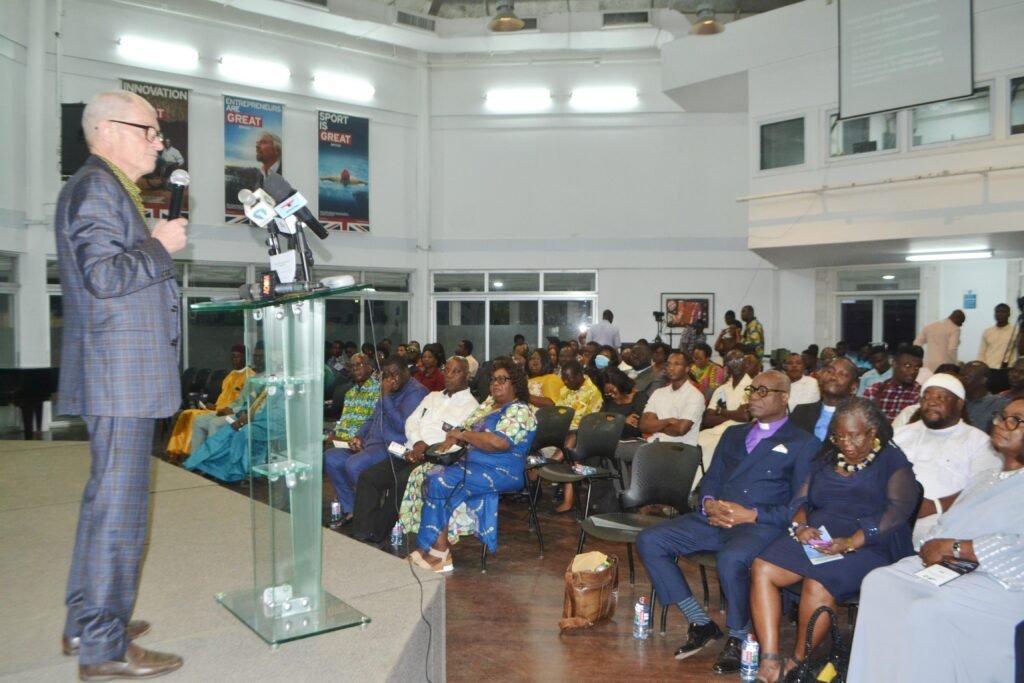
A two-day stakeholders conference on 'Call to Action on Antimicrobial Resistance (AMR)', took place in Accra, to address the most critical gaps in tackling the development and spread of drug-resistant infections.
It was organised by the governments of Ghana, the United Kingdom and Thailand, and the United Nations Foundational Welcome Trust.
The event brought together health workers of government institutions, scientists, experts of the industrial sector, civil society leaders, and professionals in the private sector and international philanthropies, to focus on a global coordinated action to halt the spread of superbugs.
AMR according to the World Health Organisation is a change in ways that render medications (antibiotics or antivirals) used to in curing infections ineffective.
Superbugs is the term given to micro-organisms that have become resistant to most antimicrobials.
AMR is made worse by the inappropriate use of medications such as using antibiotics for viral infections, low-quality medicines, poor infection control, overuse as growth promoters in agriculture or not finishing a course treatment, usually through poor advice or when treatment is administered by non-professionals.
The Vice President Dr Mahamadu Bawumia has said the survival of the human race depended on the halt and reverse of the AMR.
He said antimicrobials were life saving medications that had been misused to the peril of the human race.
According Dr Bawumia, globally, antimicrobials resistance is considered a major health security threat, and called for pragmatic and concerted effort to define clear pathways to holistically preserve the health of the people.
He said antimicrobials had played significant roles in reducing infectious diseases, and have the potential to affect efforts aimed at achieving Sustainable Development Goals (SDGs) 3, which stresses on the need to ensure healthy lives and promote the wellbeing of all.
The Vice President said the food supply chain was equally affected as antimicrobial resistance presented a major challenge to animal husbandry, fisheries and aquaculture.
He said the cost and effects associated with AMR put a stress on the meagre resources for the health sector as well as loss of productive man hours and increased cost of treatment.
Dr Bawumia noted that a population plagued with infectious diseases would put a heavy burden on the economy.
He, therefore, called for a multi stakeholder partnership in the fight against AMR, saying "infectious disease outbreaks knows no barrier and can happen anywhere and anytime, hence the need to be vigilant".
The Minister of Health, Mr. Kweku Agyeman Manu, said AMR was a developmental issue that sought to threaten and wipe out the achievement of the Sustainable Development Goals (SDGs).
He called on professionals operating in the health, animal, environment and civil society organisations to educate the public on AMR.
Read Full Story



















Facebook
Twitter
Pinterest
Instagram
Google+
YouTube
LinkedIn
RSS